Christmas emergency? First aid expert shares his advice for the most common accidents
Christmas can be a dangerous time...
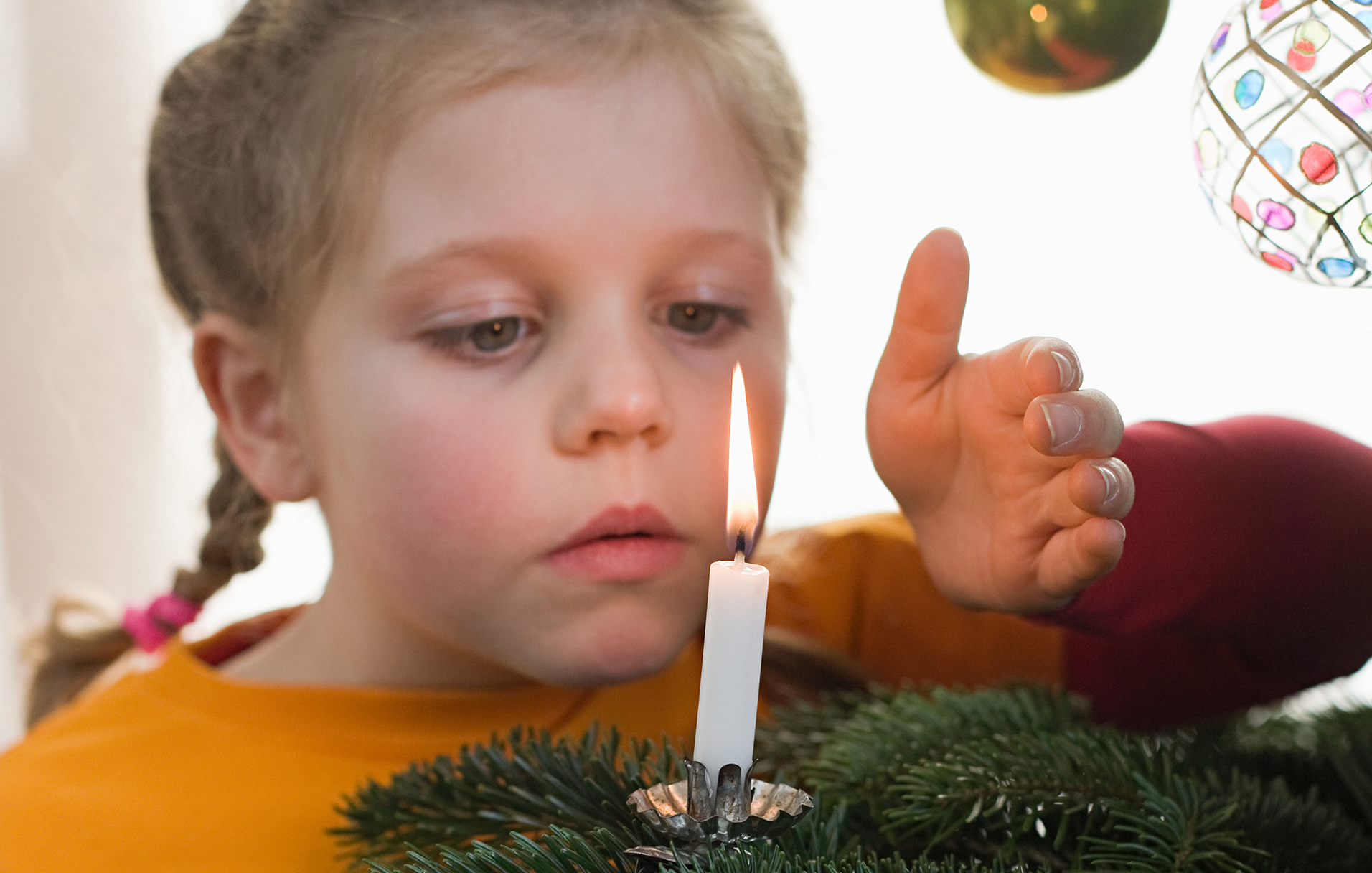

When a first aid crisis strikes, would you know what to do? Our first aid expert shares his advice on how to stop a cut from bleeding, dealing with burns and other medical emergencies.
Christmas is a happy time, but when a first aid crisis strikes, would you know what to do? With open fires, carving knives and snow, the festive period can be a dangerous time of year. Joe Mulligan from the British Red Cross shares his advice for the most common Christmas accidents.
Cuts and bleeding
Not sure how to stop a cut from bleeding? Using disposable gloves, apply and maintain pressure with a pad or dressing until the bleeding stops. Bandage the wound firmly with a clean dressing. If the bleeding continues through the pad, add another one, and keep applying pressure until the bleeding stops. If a body part has been severed, wrap it in cling film or a plastic bag and take it to hospital. For a heavy bleed, dial 999.
How to deal with burns
‘Run a burn under cold running water for at least 10 minutes,’ says Joe. ‘Then cover it with cling film to prevent infection. Only if you are in any doubt about the seriousness of the burn, or it is a child who has been burned, do you need to call 999 or go to A&E.’
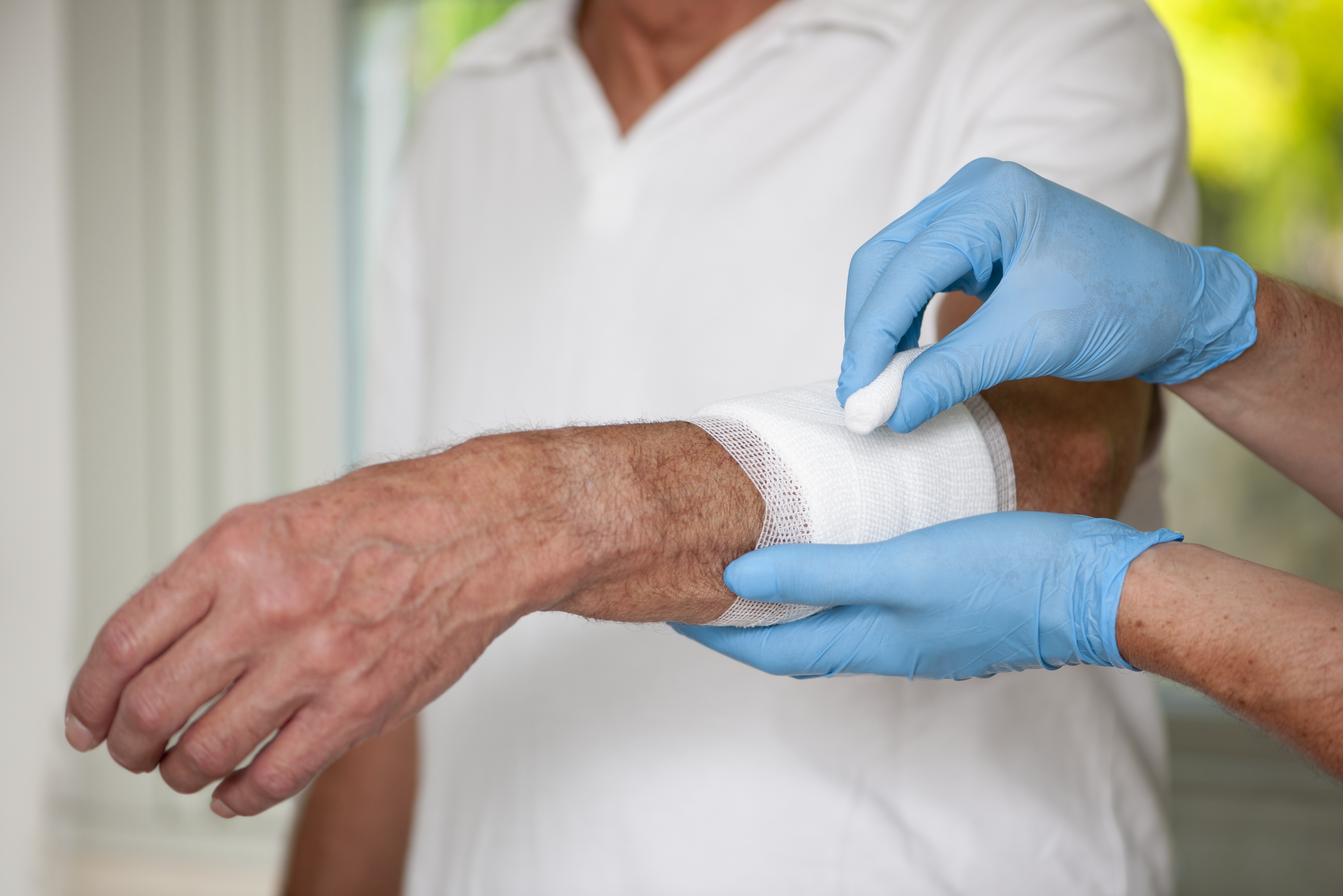
What to do when someone is choking
Food gone down the wrong way? ‘A firm blow between the shoulder blades should dislodge the blockage,’ says Joe. ‘Try up to five before moving on to five abdominal thrusts (you’ll find good instructions on nhs.uk). If there’s still no improvement, do three cycles of back blows with abdominal thrusts at the same time. If it’s still no better, call 999.’ If you suspect a severe allergic reaction, call 999 straight away. For youngsters, read our advice of what to do if your baby or child is choking.
How to deal with fractures
Keep the fracture still. If they are in severe pain, take them to A&E. Do not move them and call 999 if they have a broken leg or injured back. Don’t give them food or drink, as they may need an anaesthetic.
Run out of medication?
It’s 10pm and you’ve just realised you’re out of your daily medication. ‘Find a late-night chemist,’ says Sultan Dajani, from the Royal Pharmaceutical Society. ‘We can give out up to 28 days’ worth of medication without a prescription, but only at our discretion and for chronic conditions such as blood pressure, diabetes, asthma, etc. Expect to pay for your medicine, as the NHS doesn’t cover this.’
GoodtoKnow Newsletter
Parenting advice, hot topics, best buys and family finance tips delivered straight to your inbox.
READ MORE: First aid for babies and children: Everything you need to know
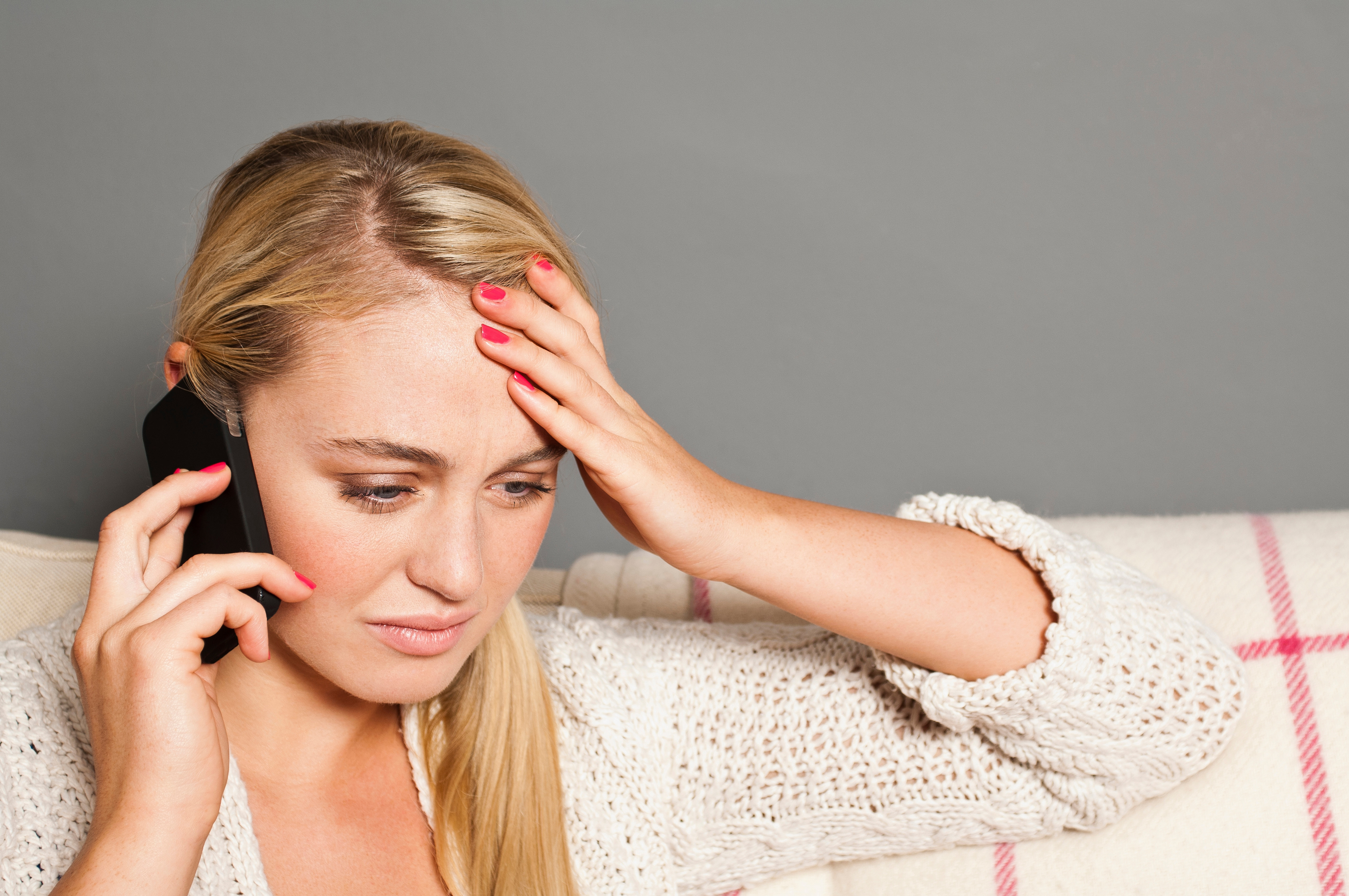
Who should you call in a medical emergency at Christmas?
- Your GP should be your first point of contact. Out of hours, a GP will be on duty from a local call centre. The number for this will be on the surgery answer phone.
- NHS walk-in centres are usually run by nurses, and many are open 365 days a year.
- Call 111 if you need urgent medical help or advice out of surgery hours, but it’s not a life-threatening situation.
- Only call 999 for life-threatening situations, where you need an ambulance straight away (eg, severe chest pains).
- Find a St John Ambulance first aid training course on 0844 770 4800.

Freelance writer Lucy Gornall is the former health and fitness editor for various women’s magazines including Woman&Home Feel Good You. She has previously written for titles including Now, Look and Cosmopolitan, Woman, Woman's Own, Woman's Weekly and Chat. She lives and breathes all things fitness.
-
 10 of the best gifts for Benedict Cumberbatch fans
10 of the best gifts for Benedict Cumberbatch fansDo you have a Cumberbitch in your life? Get them the present of their dreams...
By Emily Stedman
-
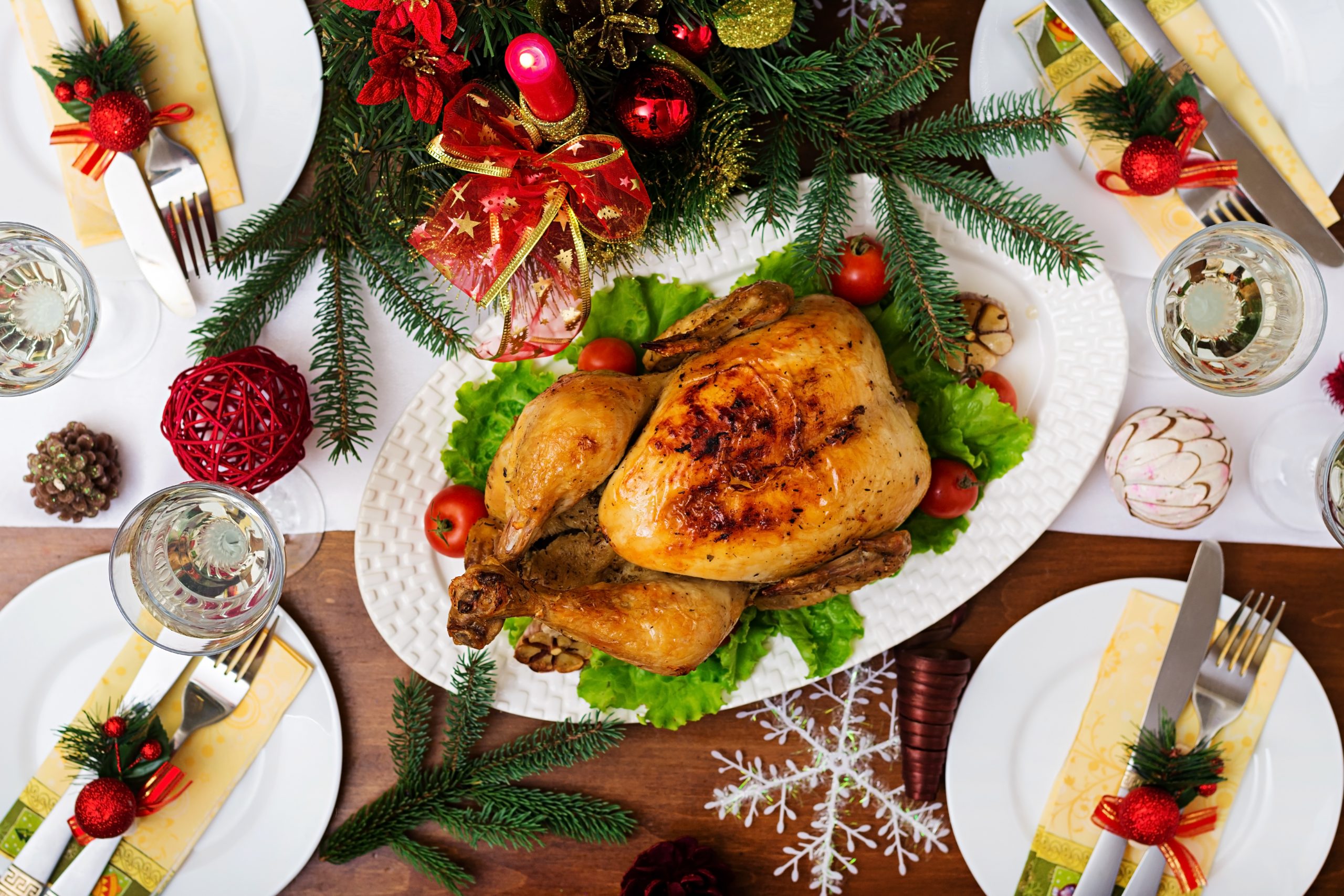 The surprising benefits of your Christmas dinner - and how to make it healthier!
The surprising benefits of your Christmas dinner - and how to make it healthier!'Tis the season to tuck in
By Faye M Smith
-
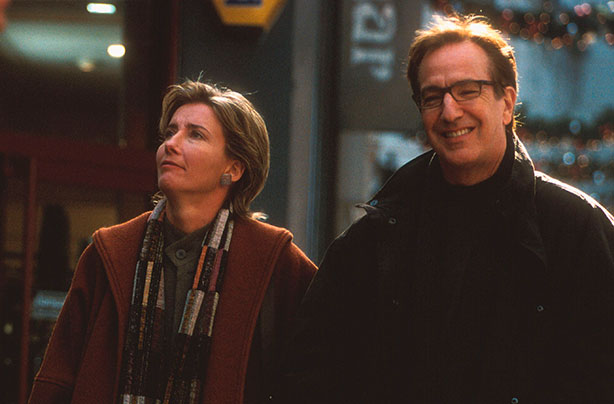 Love Actually script writer finally reveals plot secrets (including THAT cheating story)
Love Actually script writer finally reveals plot secrets (including THAT cheating story)Our hearts are breaking all over again...
By GoodtoKnow